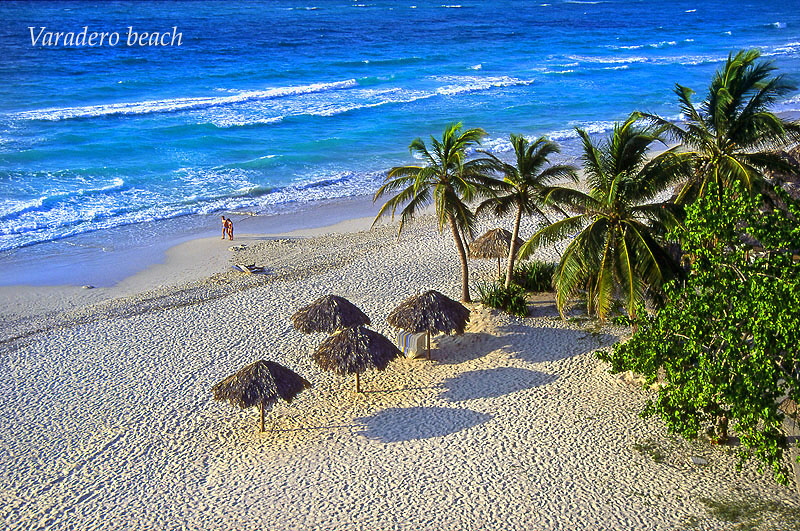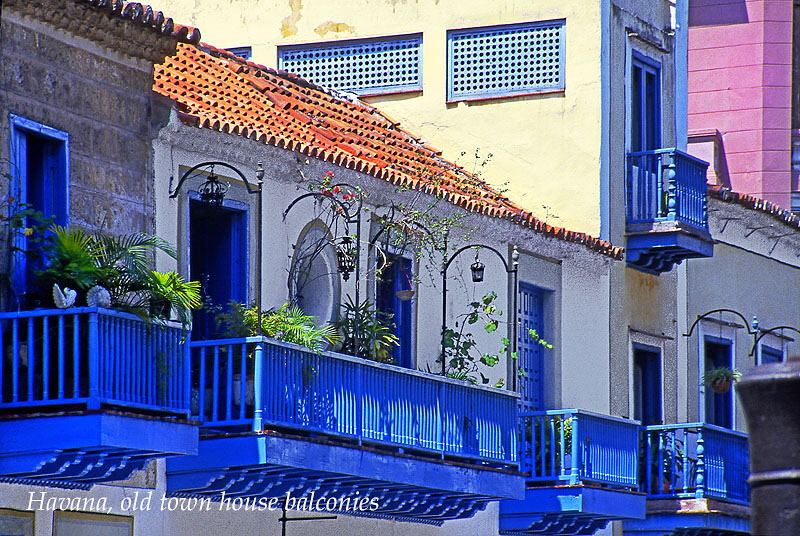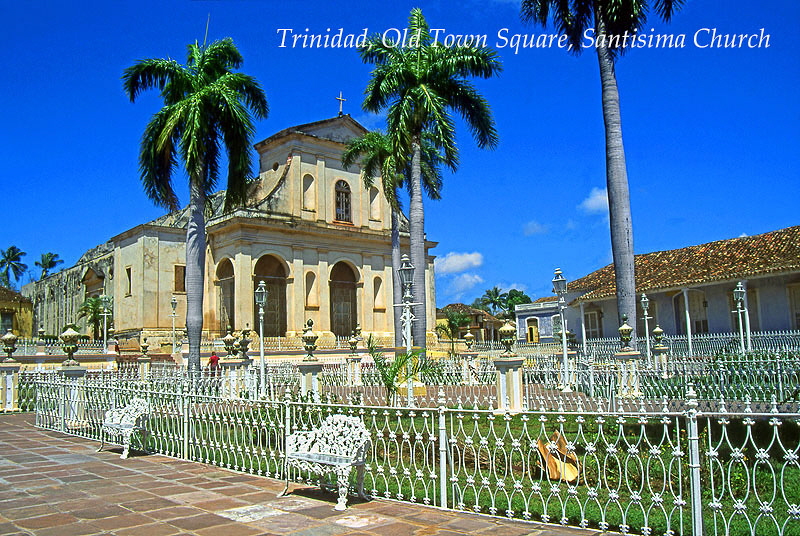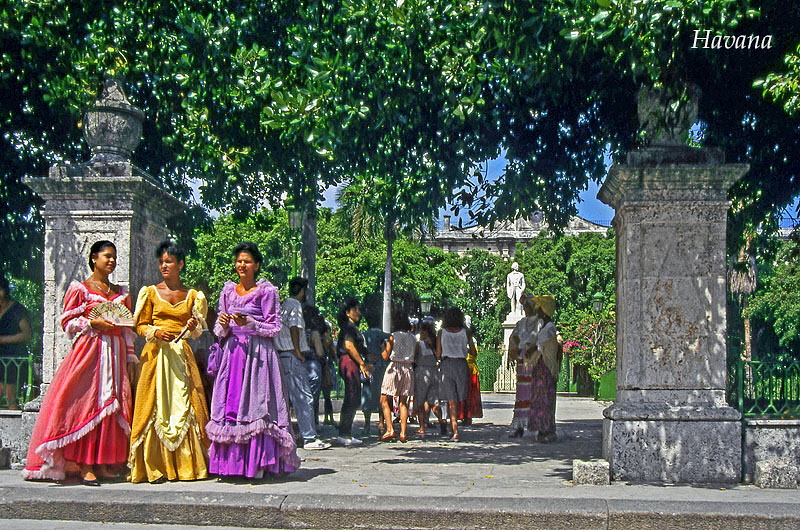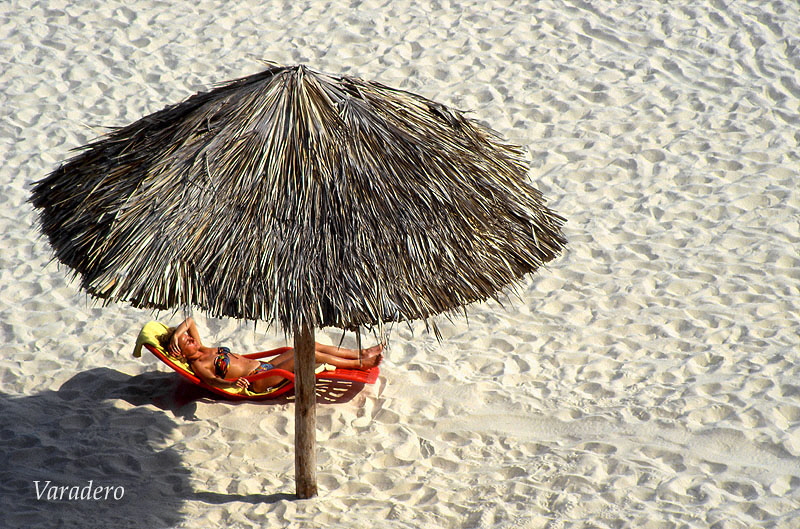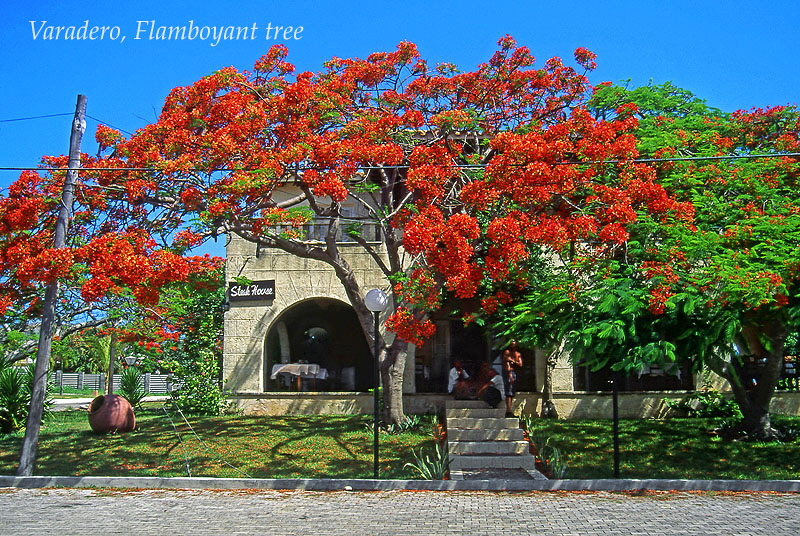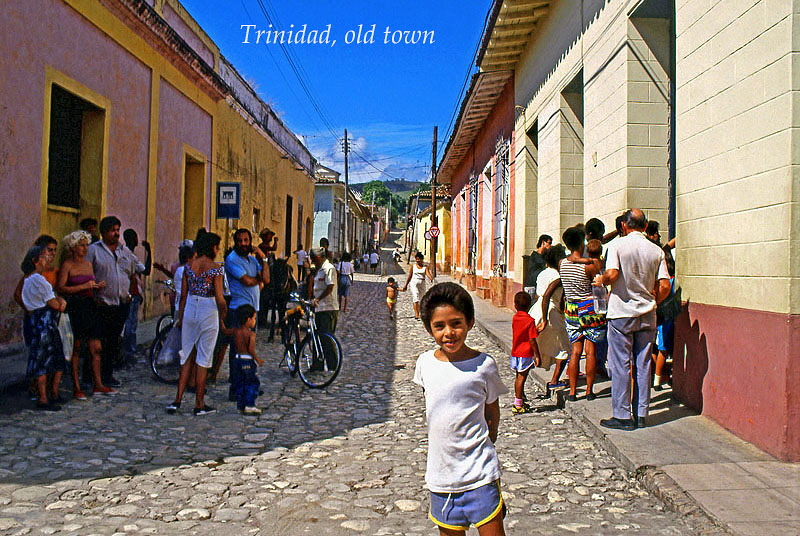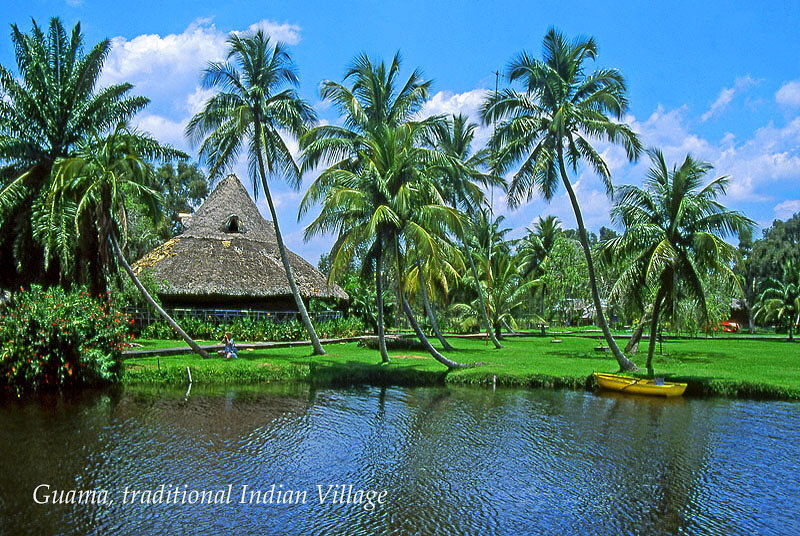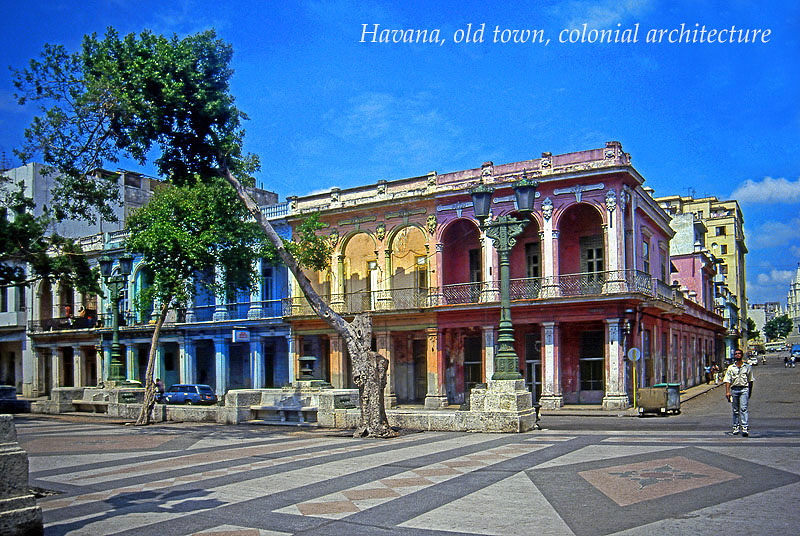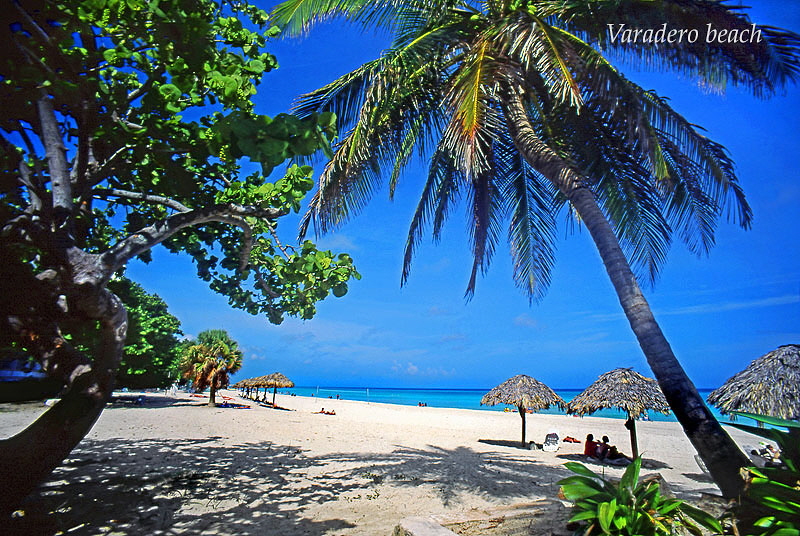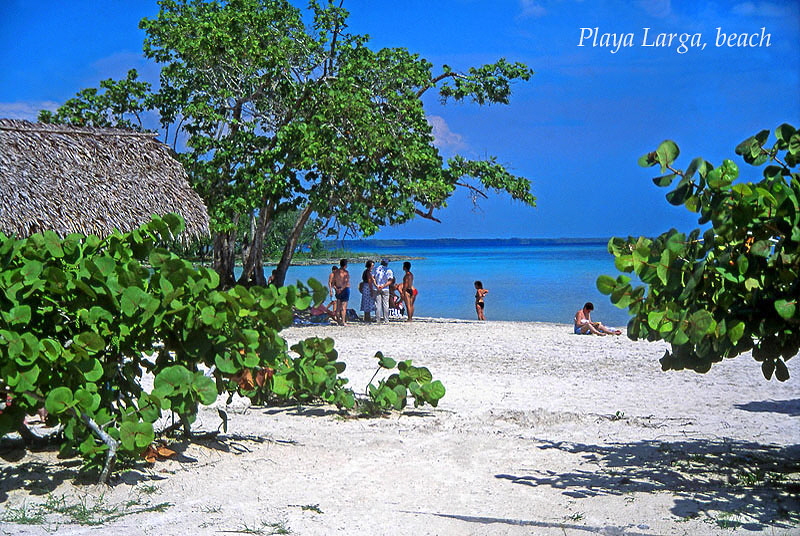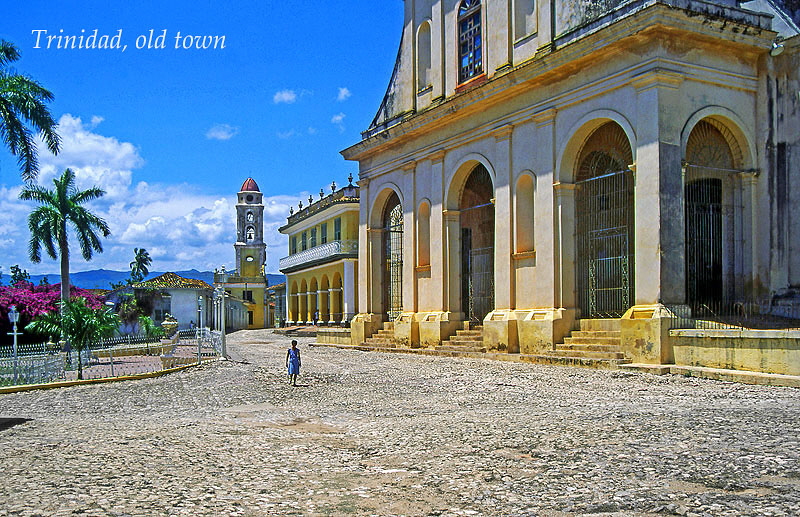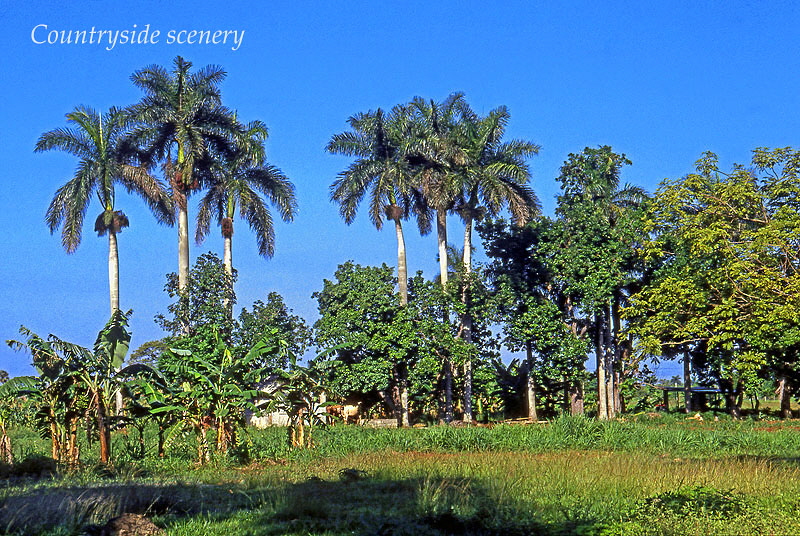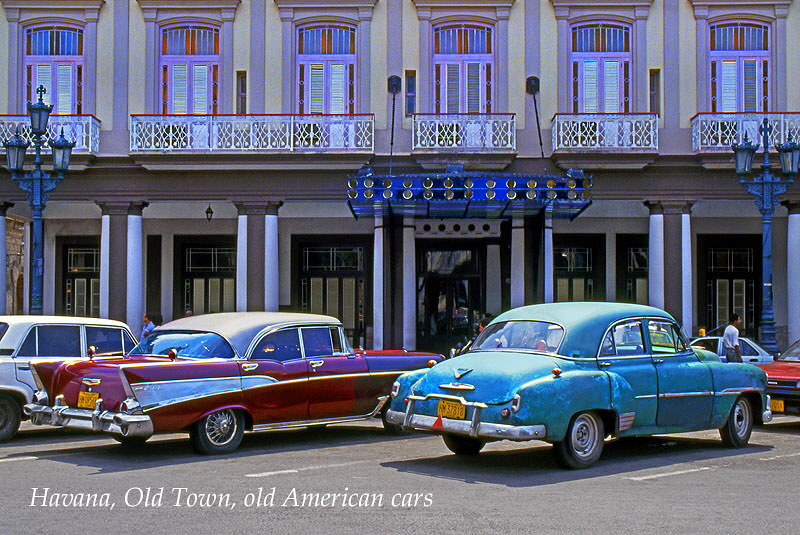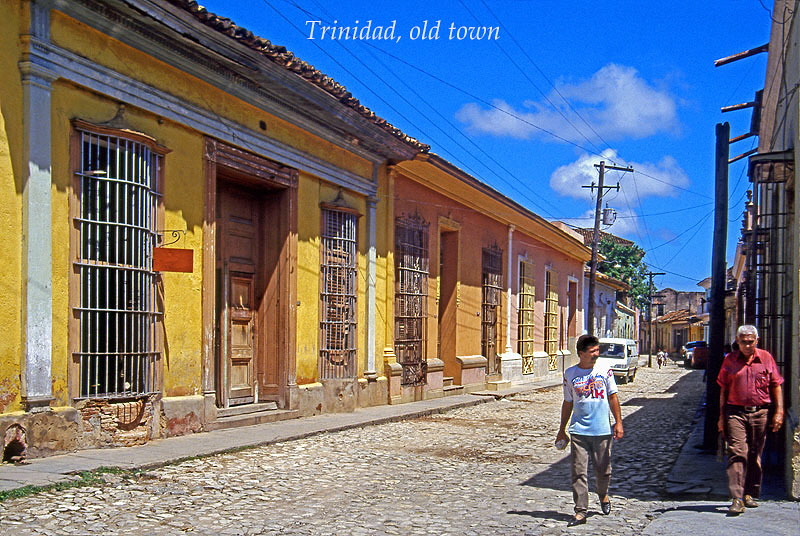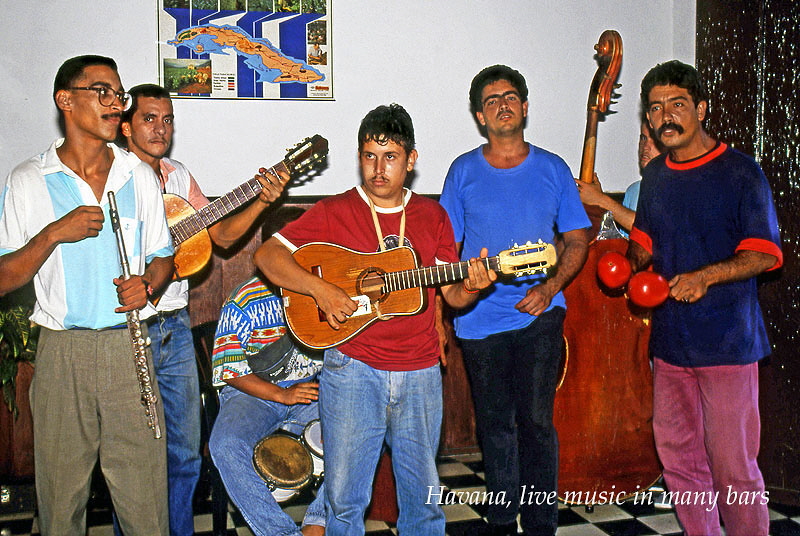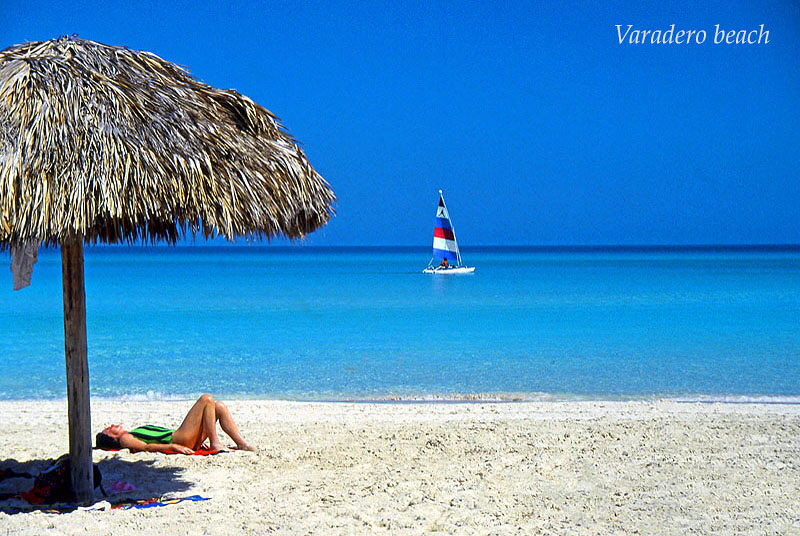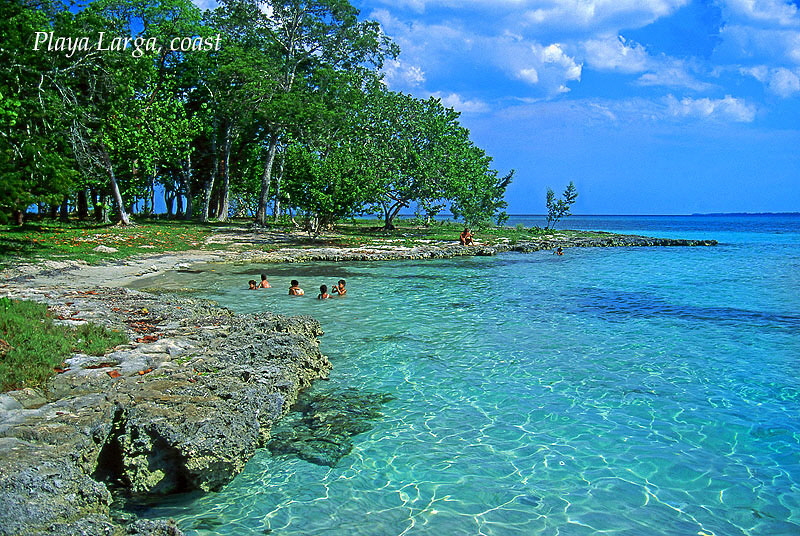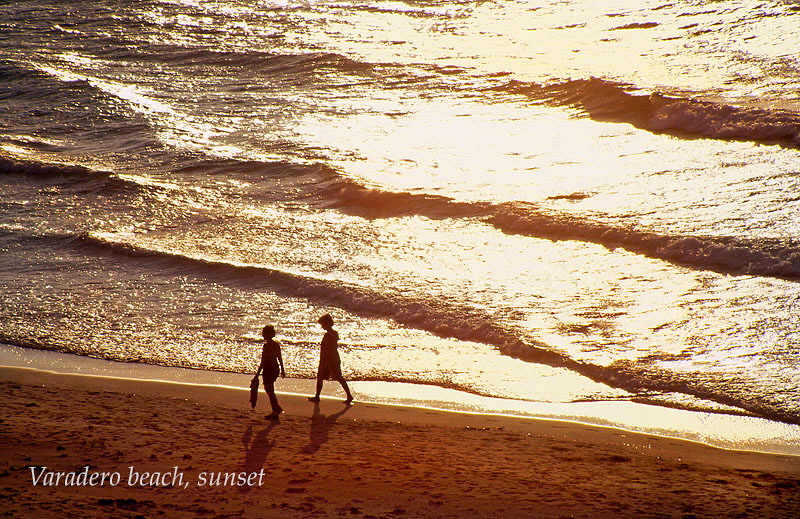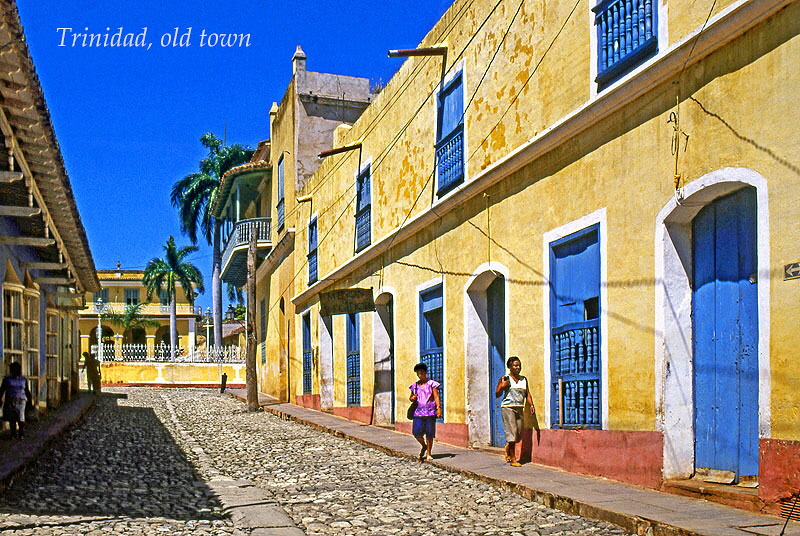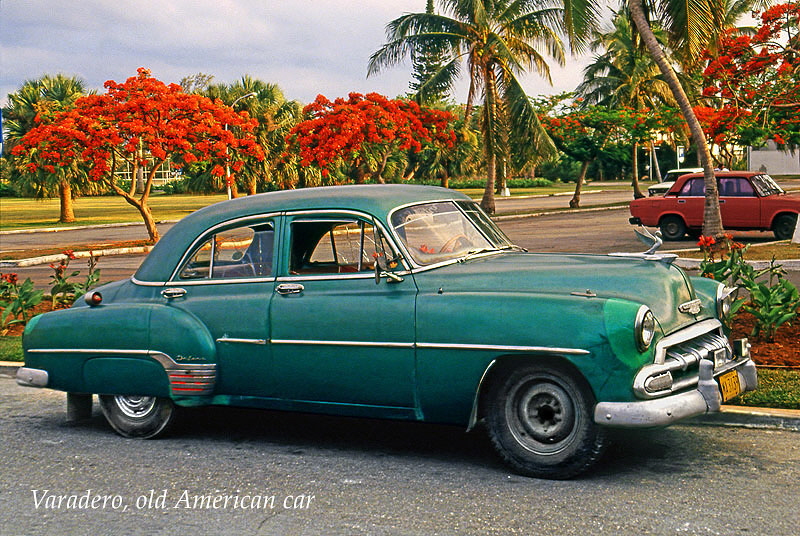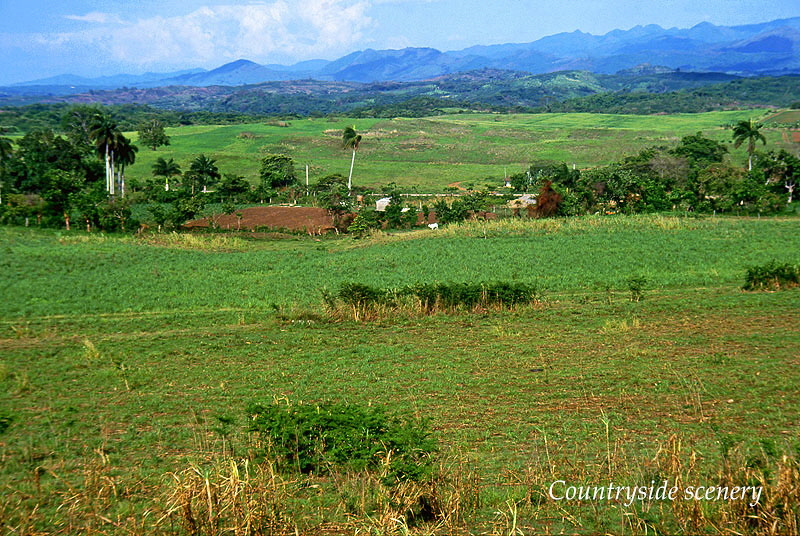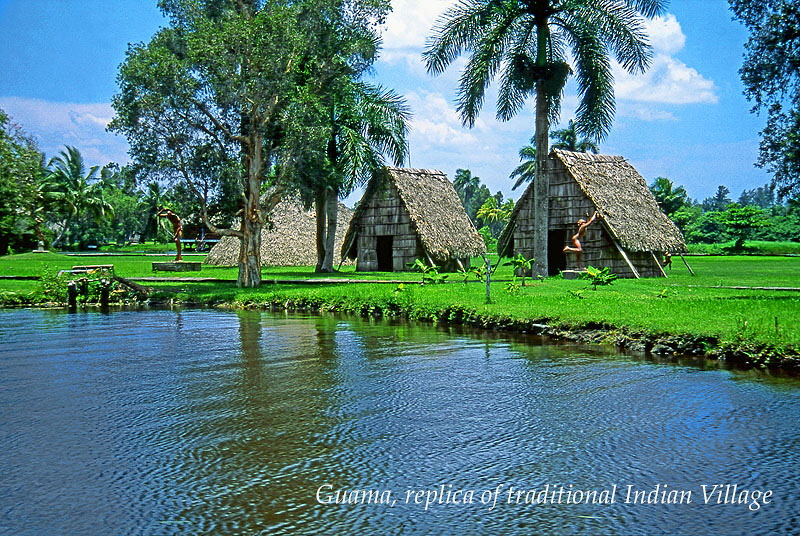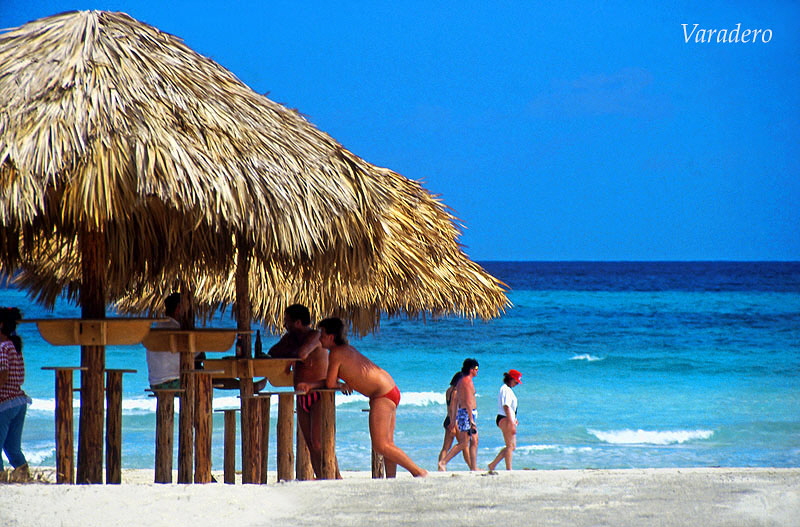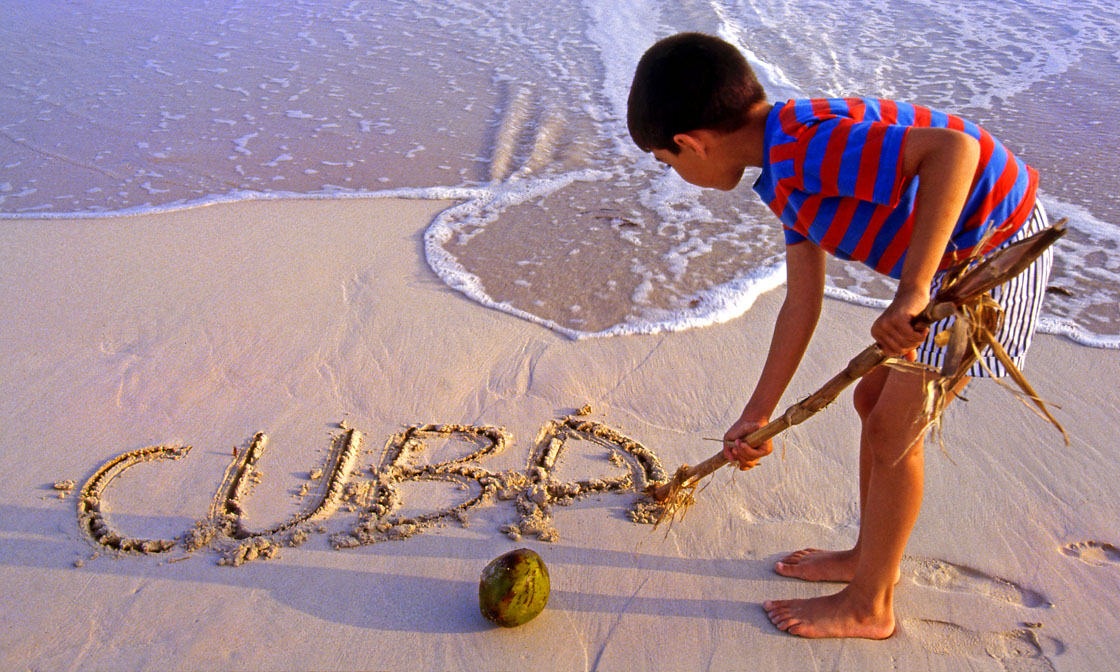
There’s more to Cuba than rum, cigars and salsa
Defining Cuba. Despite economic hardships and much needed revenue drastically falling during the pandemic, Cuba has just about managed to keep its head above the water. Since the lockdown was lifted, visitor numbers are gradually increasing.
Tourism slogans perpetuate referring to the ‘Island of Rum, Cigars, Salsa’, and a living museum of classic cars. Yet, this the largest in the Caribbean seas, Cuba is unlike any other of its neighbouring islands. From revolutionary monuments, historic sites and splendid cultural tapestry, it has earned 9 UNESCO World Heritage Site places - the largest number in the region.
Sightseeing by public transport can be tedious. Long queues and infrequent schedules add to the frustration. And if you’re not content with escorted coach tours either, then hiring a car with a driver/guide (which I found) is ideal. A negotiated price is reasonable and very affordable. However, it can be expensive, especially if you’re into nostalgia, and insist on being driven in one of those wonderfully restored 1950’s American convertibles.
Trinidad
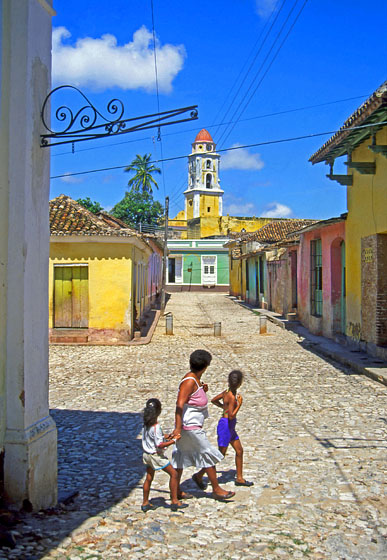
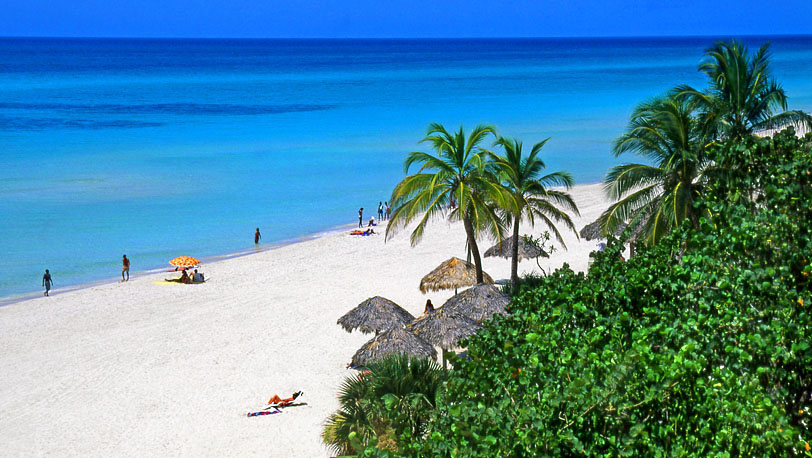
Varadero
Varadero Peninsula and resort - where most vacationers begin
We visited Cuba on a package tour, which included both flight, hotel and transfers to Varadero. This is Cuba’s pride of place tourism hot spot. Located on the north coast, it is a most beautiful white sand beach and amazingly clear azure blue waters that stretches for more than 12 miles (20 km).
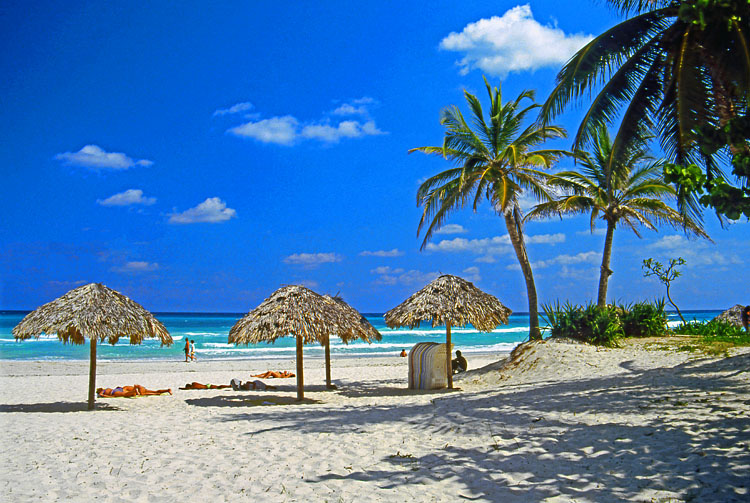
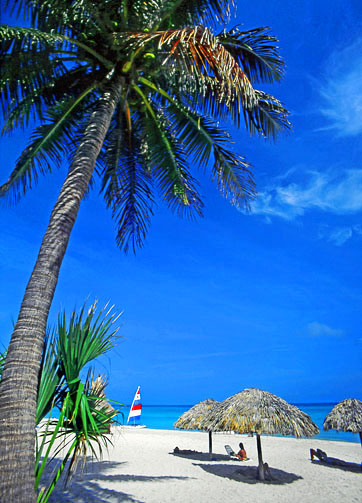
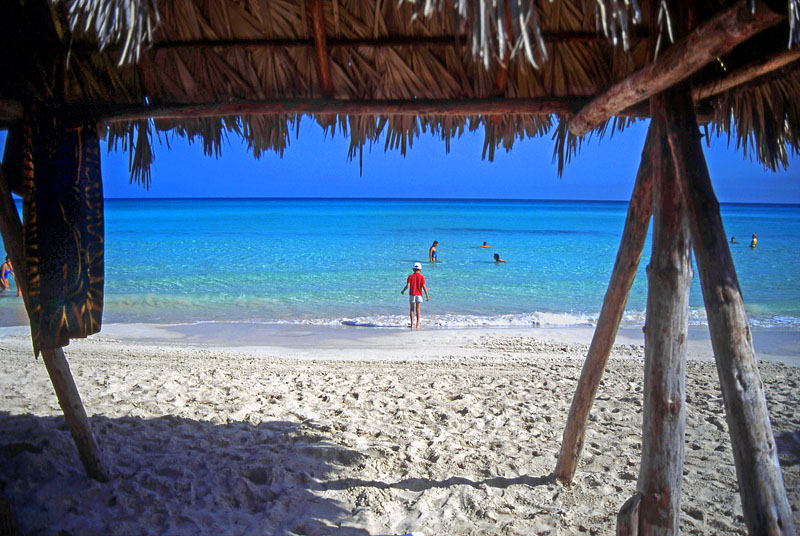
Over the past decades, hotel complexes have sprung up and the once sparse coastal retreat is no longer so, and now has more than 40 beach resorts. So it was with some trepidation that we booked our holiday at this resort. And yes, the beach area in front of the hotels was a little crowded, with sunbathers not willing to venture beyond the establishment perimeters. Nevertheless, walking a few hundred metres away, there were plenty of empty secluded spaces, with swaying coconut palm trees for shade.
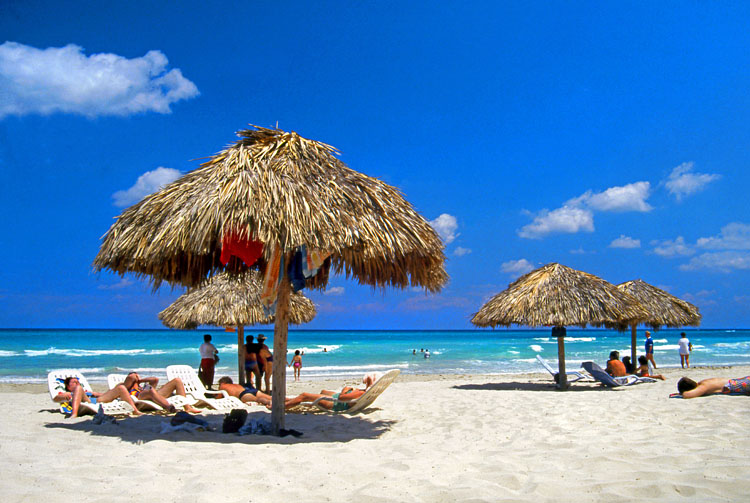
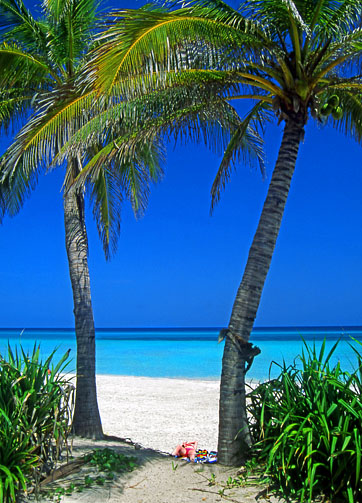
I found early morning walks along the beach relaxing and the few other people I passed by were also those who had a similar idea. But come late morning, yes, the places by the hotels did get busy, and a bit noisy too, with those who like to exercise or dance to some salsa music played by small groups. It was still fun to watch, and we were constantly cajoled to join in. The atmosphere was friendly with both locals and tourists mixing to have a good time.
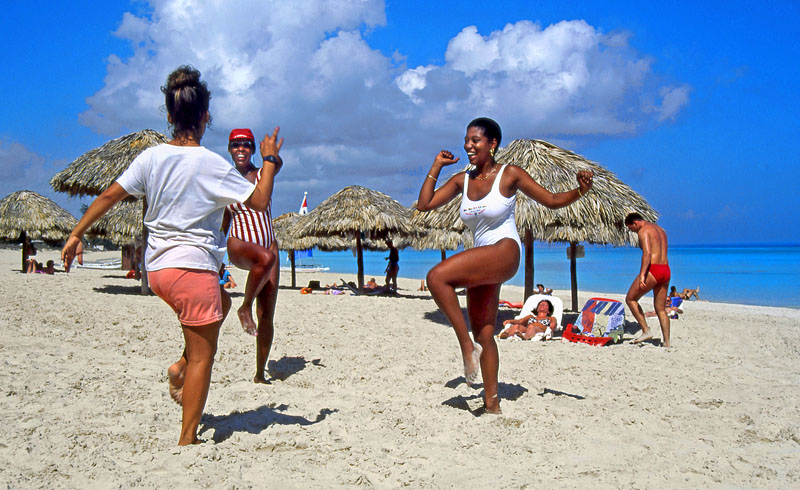
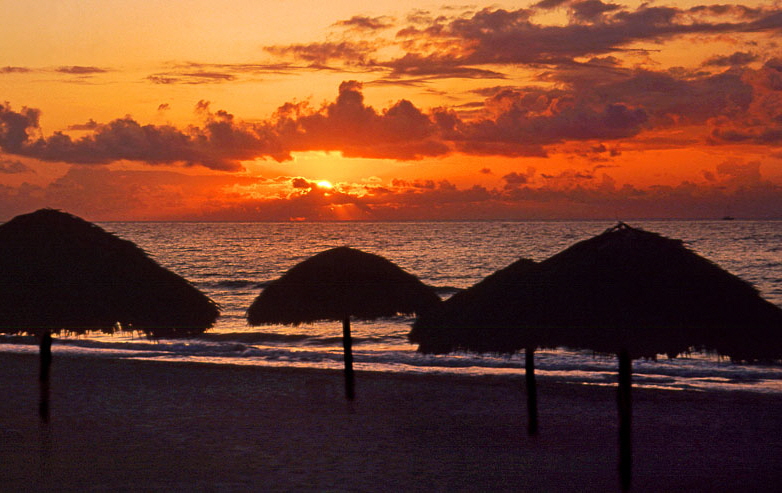
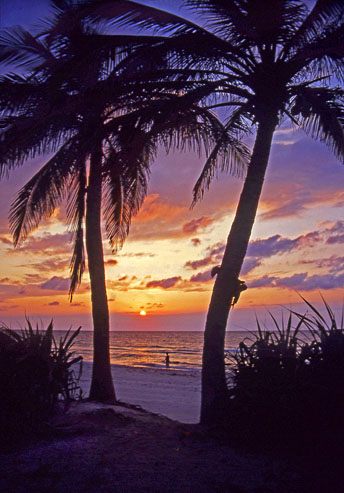
As the evening approaches, many come onto the beach to witness the glorious sunsets. And at dusk, a profusion of music by hotel pools, lobbies and seafront can go on past midnight. The party scene may not suit everyone, and there are plenty of quieter hotels away from the beachfront. For those who want to watch dazzling Salsa performances, larger establishments put on cultural shows too. Music and dance have a magnetic pull on Cuban life. And mingling with others on the dance floor, and then sipping a couple of Mojitos at the bar certainly enhances the holiday spirit.
Varadero has all the usual watersports, and seaside activities to keep holidaymakers happy when not catching that tan. There is also a coral reef which is ideal for snorkelers and organised diving trips.
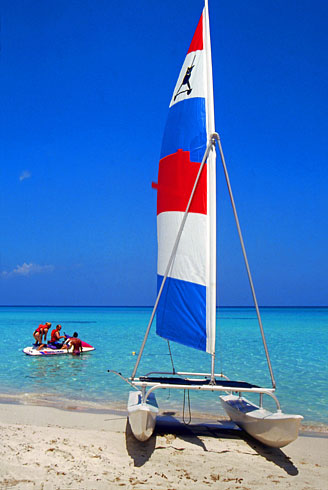
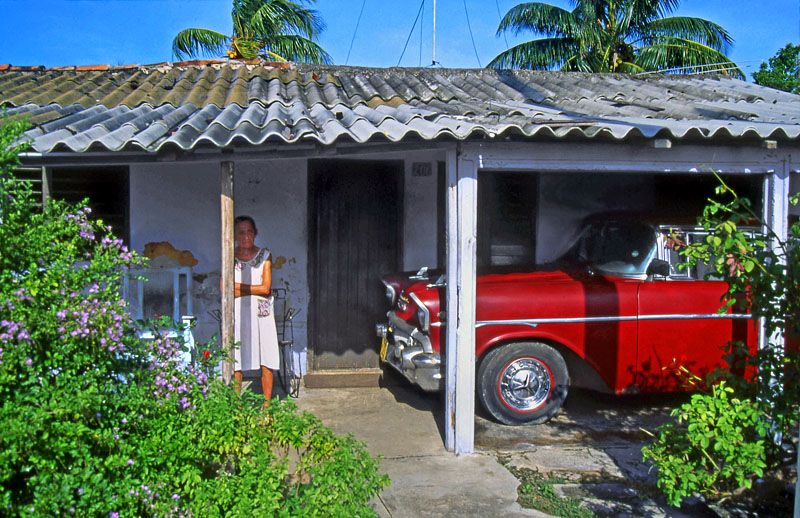
Varadero
Varadero town is small and not much to see. Expect the usual street markets and souvenir shops. Paintings by local artists are a good item to take back. There are also several restaurants, many have seafood like calamari, lobster tail, clams etc, on the menu. They can be rather pricy as it’s mainly aimed at the Western tourist.
Horse-drawn carriage rides may be a fun way to tour the town and its environs, but ensure the precise price is agreed upon, as some visitors have complained of being overcharged.

Our itinerary was to spend several days just enjoying the beautiful seafront scenery and swimming, as well as taking a few day trips away to visit other parts of the island. We took a couple of coach tours, and also hired a car with a driver/guide and did some exploring on our own.
Old Havana (Habana Vieja) - quintessential viewing
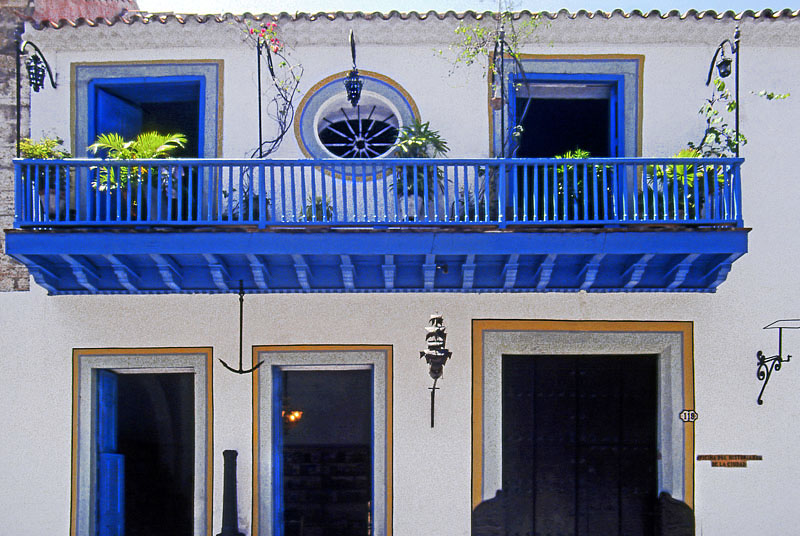
Two hours from Varadero, a trip to this UNESCO site is compulsory. We chose to go on a group trip which also included a guided walking tour. Visiting this city is an insight to its nostalgic colonial past, and is clearly reflected by its architecture. Walking along the narrow cobblestoned streets is a delight, with pastel-coloured buildings and blue balconies. Even dilapidated buildings (some of which are currently being restored) all add up to a concoction of pleasurable vistas of Cuban history.
’Old’ Havana


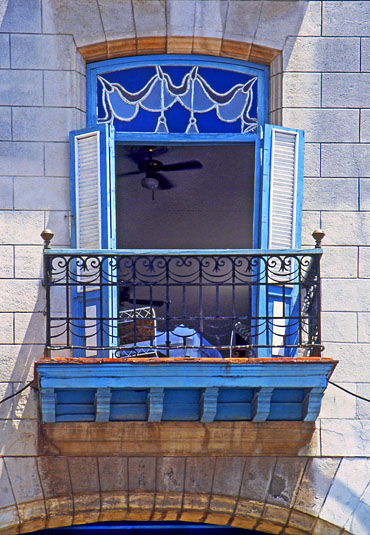
The main draw in the capital is the Plaza de la Cathedral (Cathedral Square). The buildings all around are of 18th-century Cuban Baroque style, as well as the cathedral - its central feature. The square is a busy spot for street entertainers, stilt walkers, musicians and cafe culture.
Havana, Cathedral Square
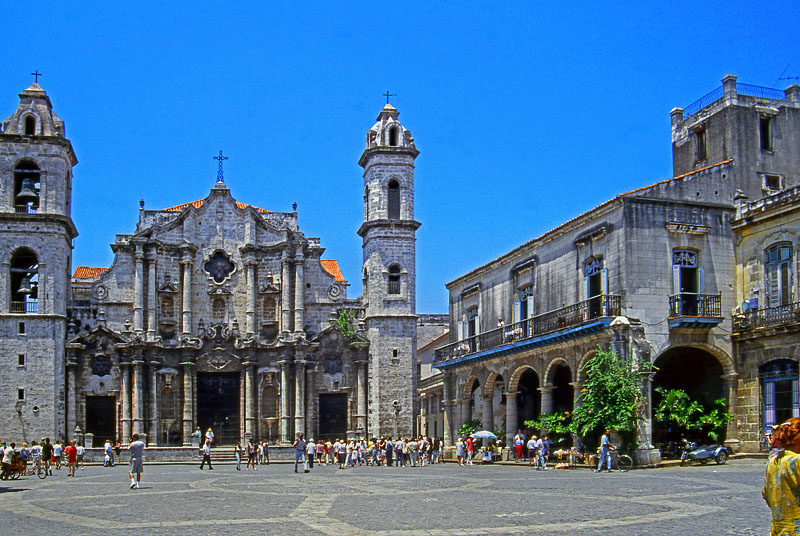
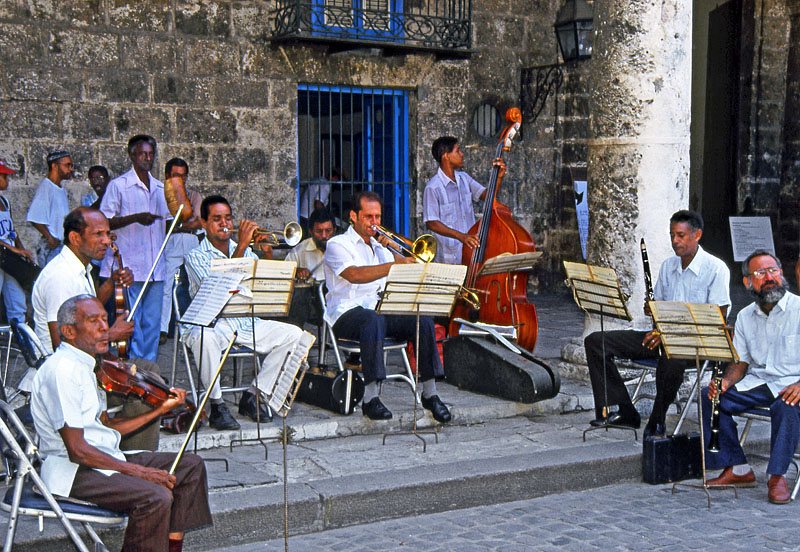
The guide on our walking tour was certainly enjoying himself too. Romanticising on the past, with references to Earnest Hemingway, he pointed out the famous Ambos Mundos Hotel where the writer frequently resided. We were then taken to the popular El Floridita bar which Hemingway also frequented and had an affection for. Our group was further invited to try the Daiquiri cocktail which claimed to be invented there. Walking further along Calle Obispo Street, where the bar is located is also a lively narrow pedestrian street. Its historic buildings, art shops and music bars, add to its unique charm.
El Floridita bar
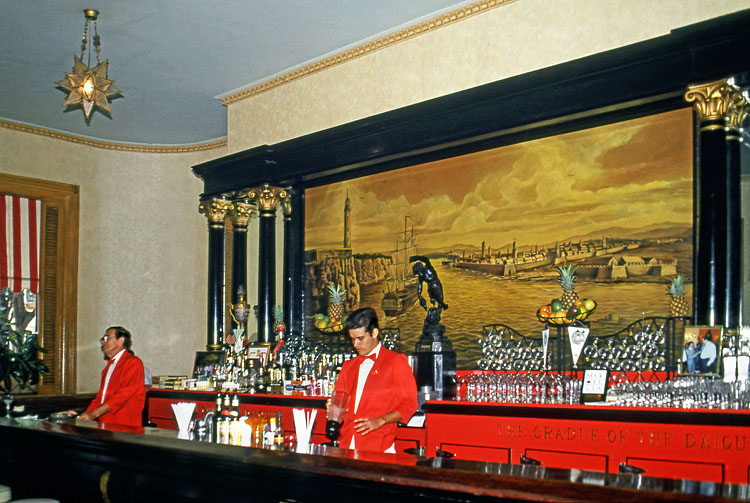
Ambos Mundos Hotel
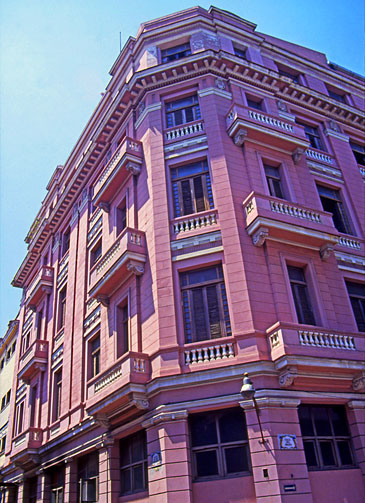
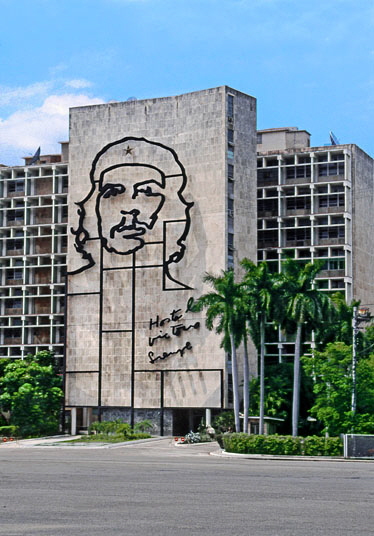
At Revolution Square (Plaza de la Revolucion), on the facade of the Ministry of Interior building is a huge iconic steel mural portrait of Che Guevara - an aide in the Cuban Revolution.
Vaguely resembling US Washington’s Capitol building is the splendid El Capitlio which was once the seat of government, and now houses a museum and library. Along the pavement by the building, I was amused to see a street photographer with an old vintage camera set up for ‘business’.
We made a brief stop by Morro Castle (Castillo del Morro), at the entrance to the Port of Havana. Its impressive fortifications go back to 1630 and is well preserved. Going a few steps up a ramp affords spectacular views across Havana and its surroundings. Nearby is also the once residence of Che Guevara, which is now a museum.
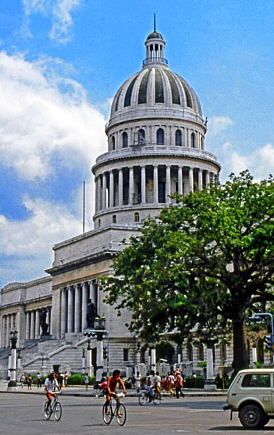
El Capitlio
Morro Castle
Residence of Che Guevara
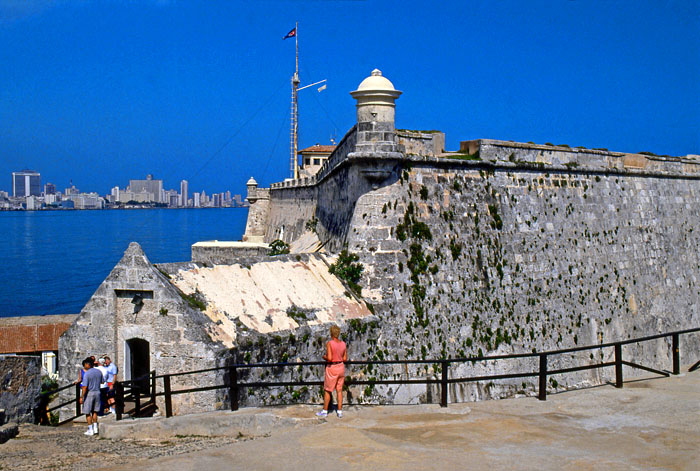
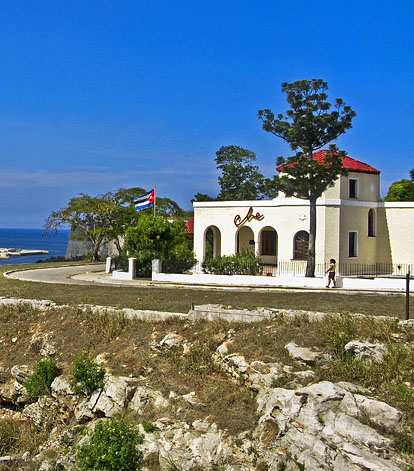
Another prominent sight you’ll spot everywhere are 1950s classic American cars and convertibles, an unmistakable reminder of bygone times.
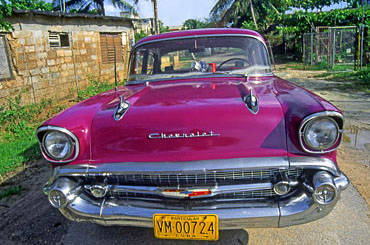
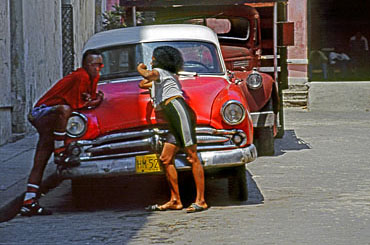
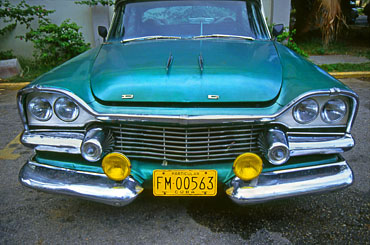

The tour wasn’t complete without the obligatory visit to a cigar factory. Here, several workers were demonstrating ‘how to roll the perfect cigar’ from whole tobacco leaves. Of course, there was the opportunity to buy too. If you’re a connoisseur of cigars and wish to spend a small fortune, nearby was also a shop selling prime brands like Cohiba, Montecristo and Romeo y Julieta.
We then had an hour or so to wander around freely. Even though the tour was thoroughly enjoyable, it felt rather rushed.
Trinidad - where the past is present
The island has many small towns with Spanish colonial past and architecture. The town of Trinidad in central Cuba is second best to Havana. It is another essential UNESCO site that can be visited easily.
For this we hired a car with a driver, emphasising that we wished to spend several hours exploring on our own.
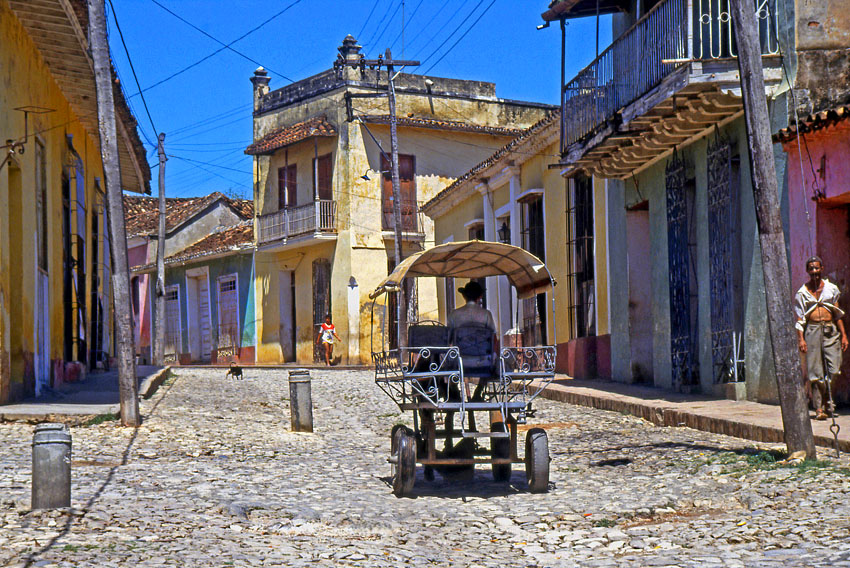
This is a beautiful quaint old town, with a character all of its own. Although founded in 1514, its evident history relates more to the 18th-century sugar trade and slavery. Nowadays Trinidad’s main trade
is in tobacco cultivation.
With rugged cobblestone streets, colourful houses and traditional buildings (admittedly some needing urgent restoration), is a very walkable place.
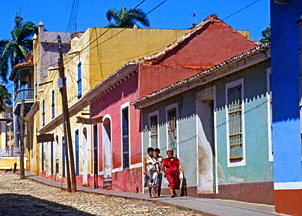
Trinidad, the town’s main square (Plaza Mayor)
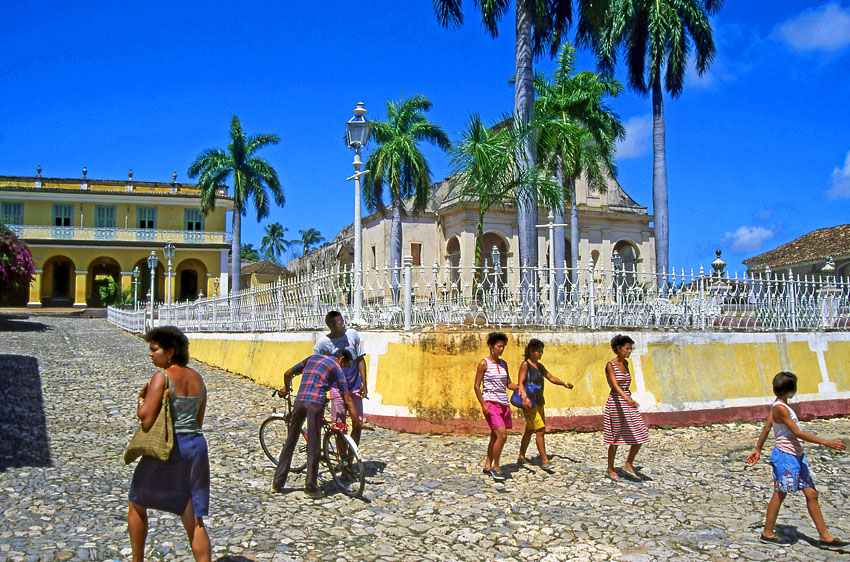
The town’s main square - Plaza Mayor, is like being in an open-air museum. The whole area is cobble-stoned, and surrounded by exquisite colonial architecture, wrought iron balconies, and window shutters. The 19th-century Santisima Church is the square’s main edifice. The interior is beautifully decorated and has a large altar. The town has several other museums too. The beautiful yellow-coloured Municipal Museum (Museo Romantico), has a grand courtyard. Unfortunately, it was closed on the day we visited.
Santisima Church
Municipal Museum
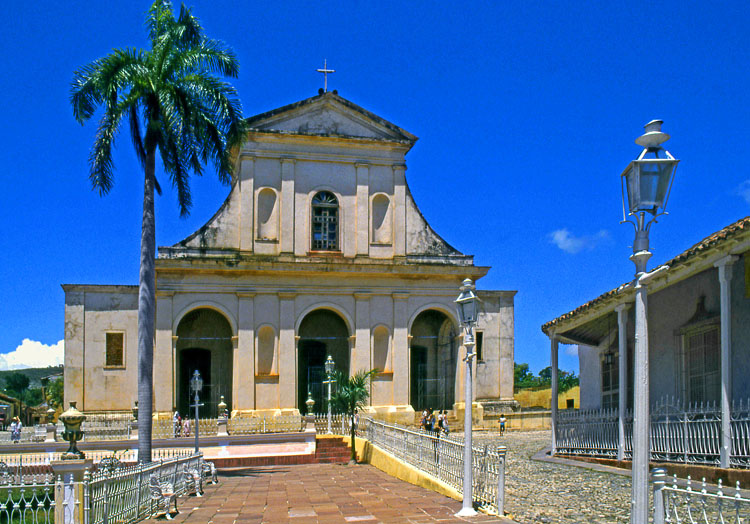

The bell tower of an 18th San Francisco Convent in now the La Lucha Contra los Bandidos National Museum. It primarily contains exhibits relating to Castro’s battle against counterrevolutionary militia in the 1960s. The beautiful yellow structure with its brick colour dome at its peak is visible from any part of the town. It is possible to climb to the top of the tower for a view of the surrounding area.
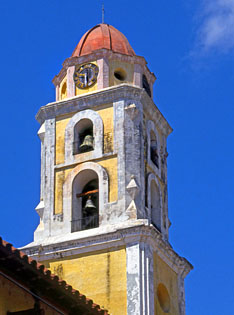
Former San Francisco Convent bell tower
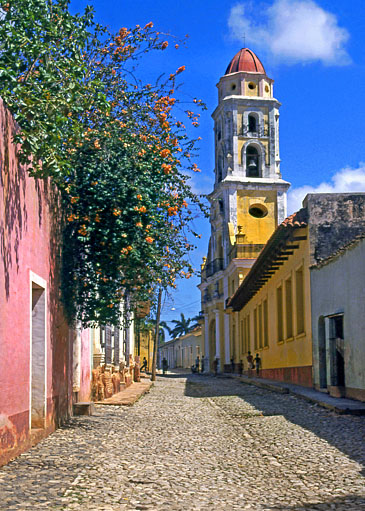
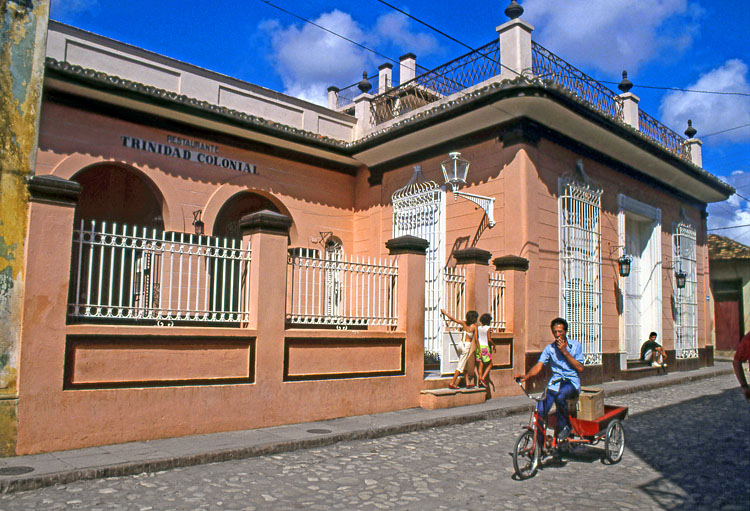
Do take time to meander the streets and blend in with the locals. Watch horse-drawn carts go by, and in between you’ll find the odd vintage car parked in the shade. Strolling around, we discovered the sound of live music coming from Canchanchara Cafe which drew us in. We were about to order the usual Cuba Libre when a friendly waiter urged us to try their traditional Canchanchara cocktail - rum with honey and lemon, which was ok, though nothing special.
Canchanchara Cafe
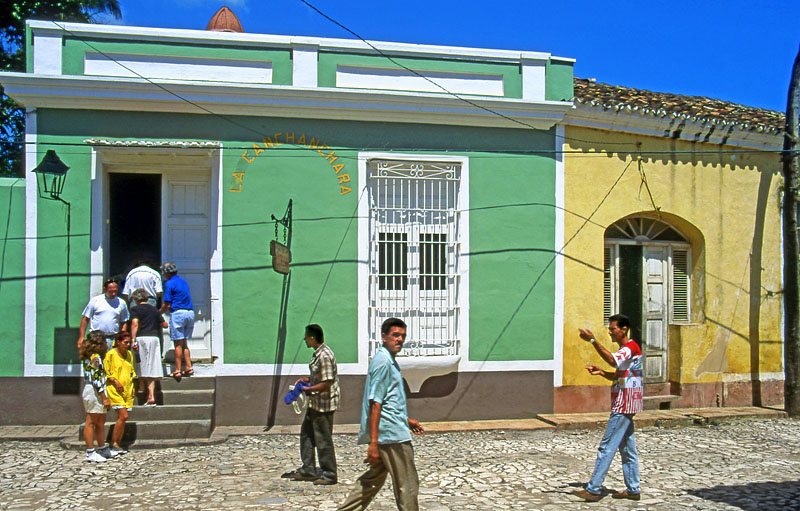
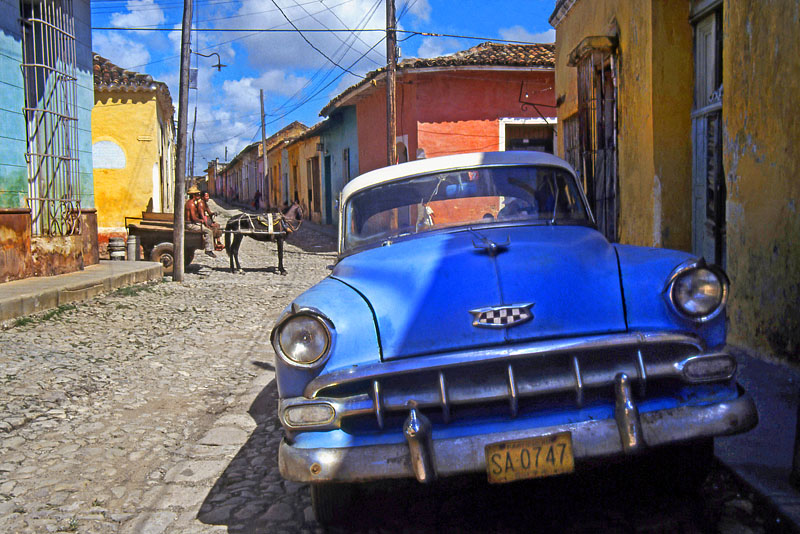
A day trip to Guama - nature, greenery and an ancient civilisation
The Taino were the first ancient indigenous people to inhabit Cuba. In recognition and heritage of this civilisation, a full-scale replica village of their lifestyle and existence has been created in Guama - on the south side of the island.
Guama, Taino replica village
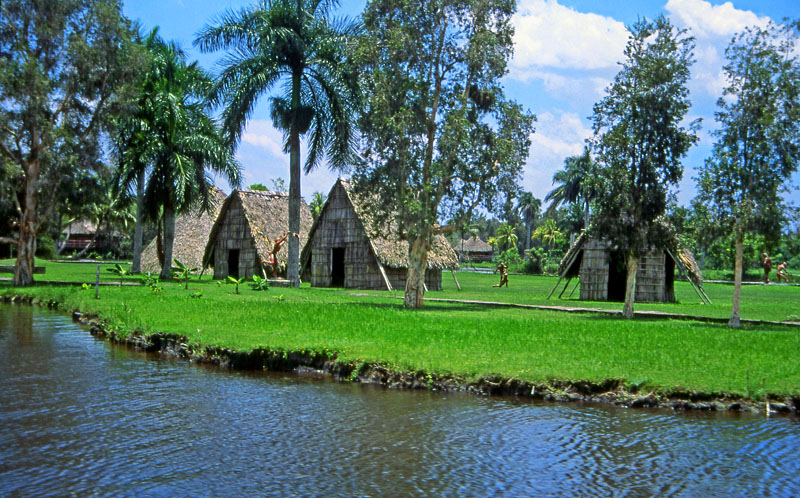
Over two hours from Varadero. It’s a popular escorted day trip. We took a scenic drive through the countryside, past farmland and villages. After a couple of quick stops for photos of sugarcane and tobacco fields, we arrived at Laguna del Tesoro Lake (Treasure Lake), part of the Zapata National Park. It’s an area of stunning natural wilderness and swamp land. From here we took a speedboat ride to arrive at Taino Village. The village was one of Fidel Castro’s early works in honour of a Taino Chief who joined in the fight against Cuban colonisation.
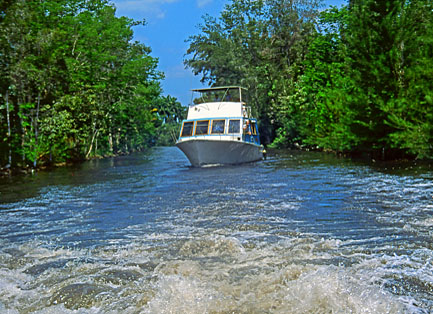
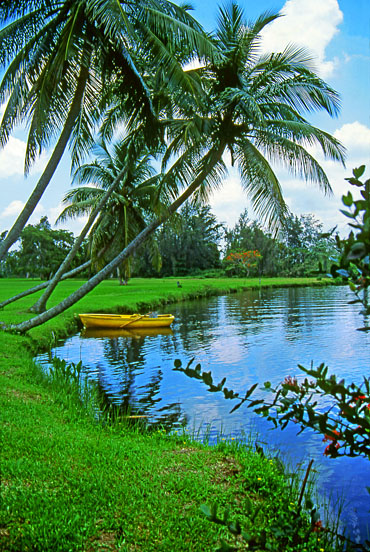
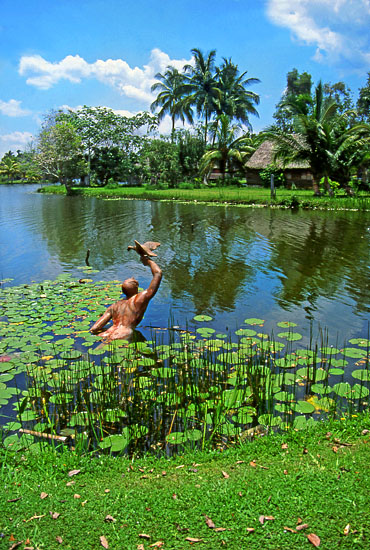
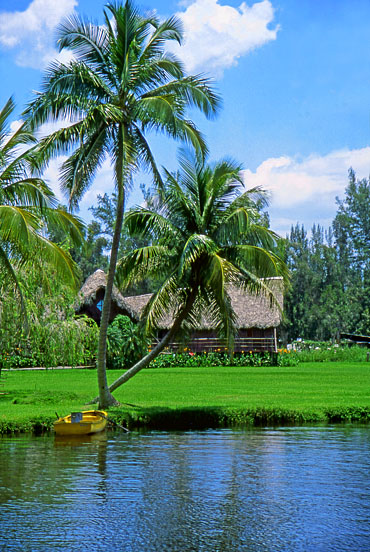
Our guide was informative throughout, as we viewed the different styles of huts, homes, sculptures and utensils that replicate the daily lifestyle of the Taino. It all looked stunningly beautiful with little bridges and small boats set alongside the Zapata Swamp. There was also a demonstration with a crocodile showing how the ancient people trapped and caught them. The Cuban Crocodile is an endangered species, and much effort has been put into conservation projects. There was an optional visit to a crocodile farm (supposedly to protect the creatures), as the meat is banned in Cuba. However, unsure of the ethics and facts at that time, I avoided visiting it. Also, a mosquito repellent is essential in this area.
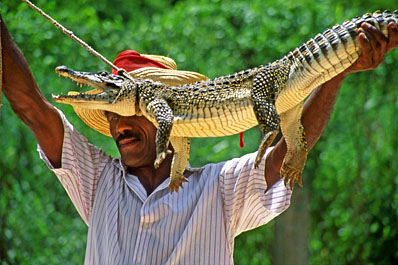
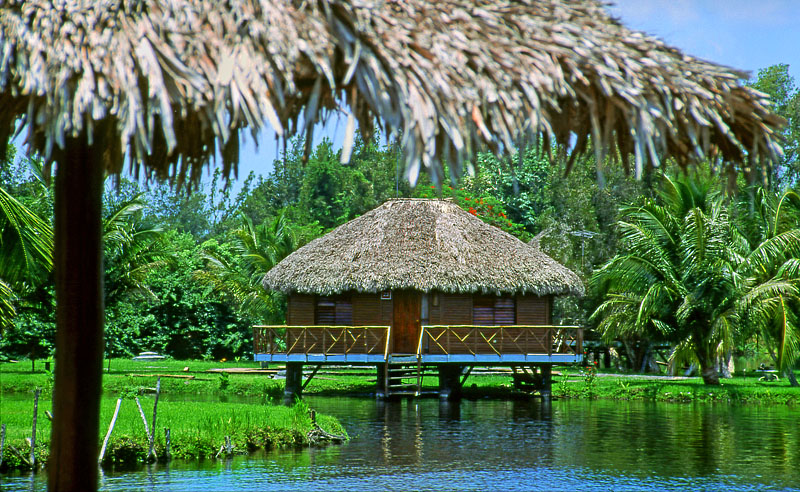
Later in the afternoon, we drove further down, passing by mangrove forests to the coast for lunch at a small restaurant. To round off the late afternoon, it was off to spend some time at Playa Larga (beach) in The Bay of Pigs (Bahia de Cochinos). It was a lovely time. The pristine coastal scenery, soft white sandy beach against the backdrop of the clear calm turquoise blue sea was perfect. There was enough time for those who wished to take a dip, before returning to Varadero.
Playa Larga

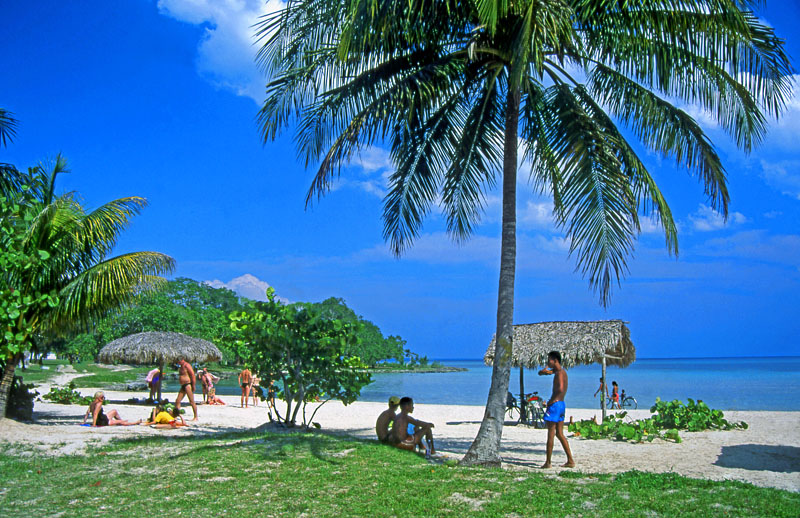
Catching a glimpse of Cuba is just not enough
A holiday in Cuba is unlike many other highly developed Caribbean islands, except for the tourism development at beach resorts. Culturally and historically there’s much to admire. It has managed to maintain some credibility despite economic restrictions imposed on the country due to political differences. Having visited several other Caribbean islands, I found the beach life here one of the best. It was an enjoyable package tour even though we only caught a glimpse of the beauty of the island. We are now looking forward to a revisit, this time to independently explore other places on the island, and perhaps stay a little longer.
24 images here ©JAYTRAVELPHOTOS
© COPYRIGHT notice. The images on this site are for viewing only.
To purchase any, for personal or commercial use, please contact us at jaytravelphotos@aol.com
____________________________________________________________________________________________________________________________________________
